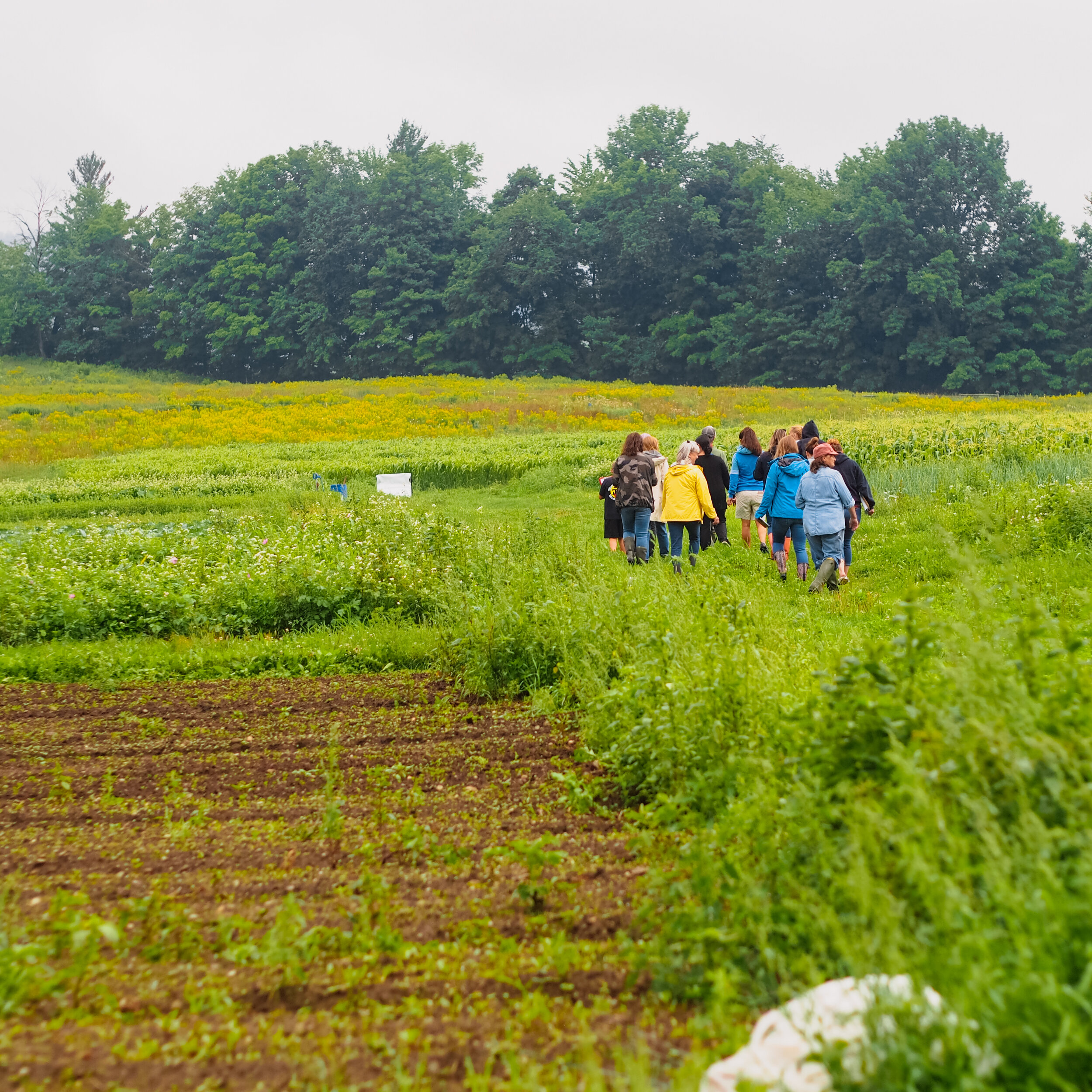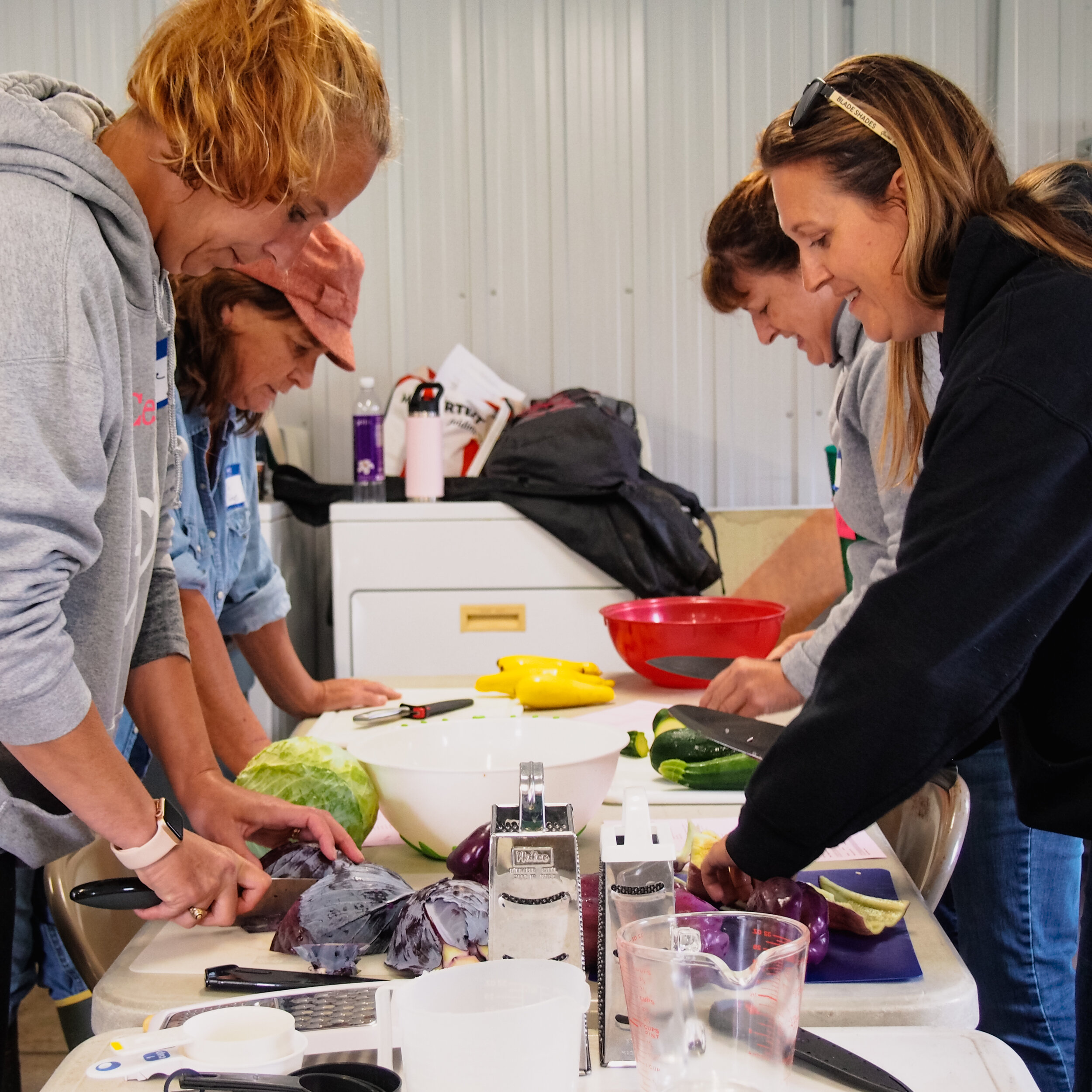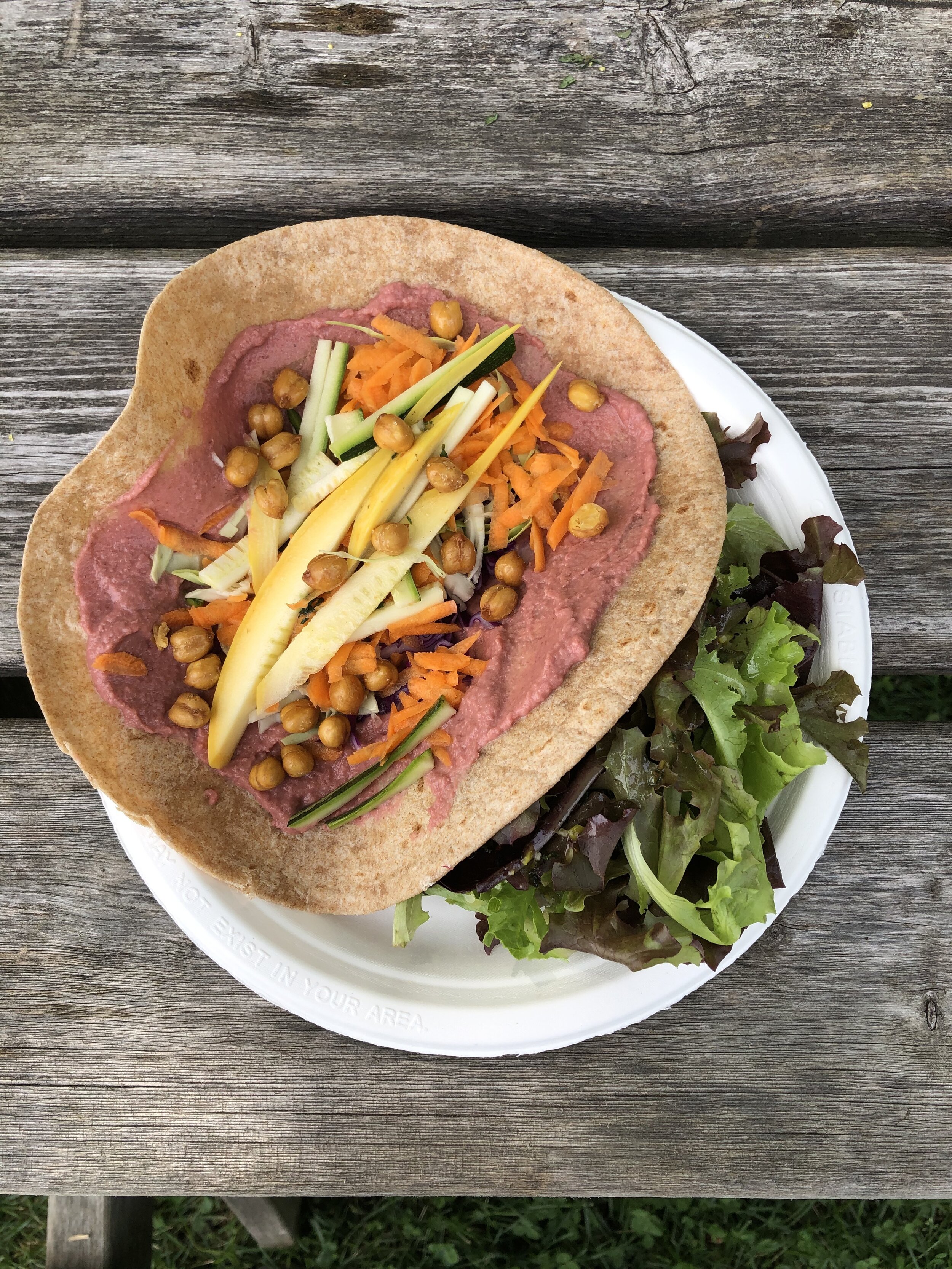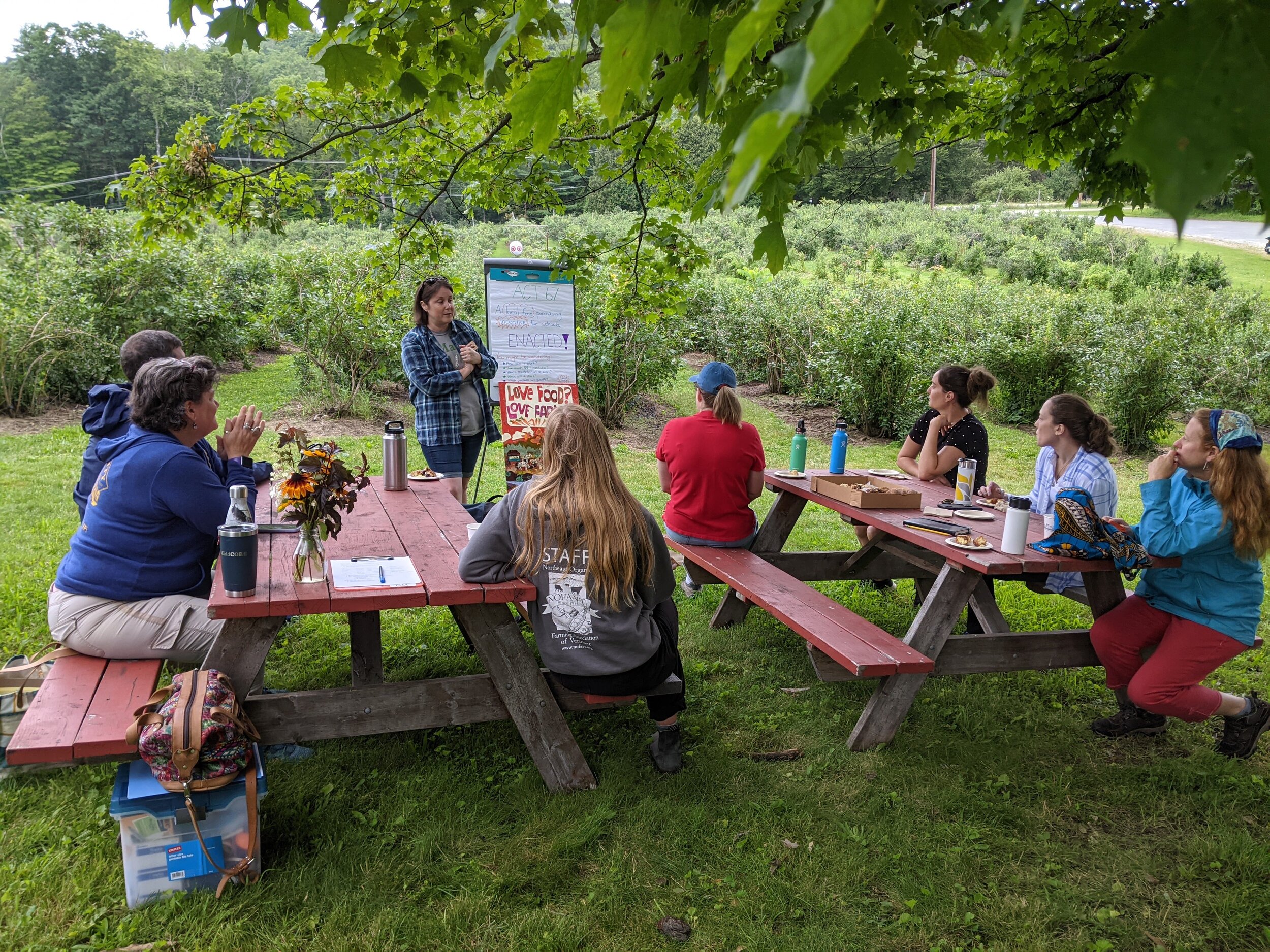PRESS RELEASE
1/12/21
For immediate release
Contact:
Roe-Ann Tasoulas
Director
coordinator@mfccoalition.org
(c) (603) 852-3198
Monadnock Farm & Community Coalition
Join farmers, educators, and bill sponsors as they come together to advocate on behalf of legislation that would increase local food in schools on Friday, January 21, 2021, from 12:00 to 1:00 PM at Stonewall Farm in Keene. House Bill 1657, or “Local Food for Local Schools Reimbursement Bill” aims to increase the amount of New Hampshire-grown food that’s served in public schools.
This bipartisan effort sets a statewide target that 10 percent of the food served in schools will be grown in the state.
According to Rep. Alexis Simpson, an Exeter Democrat, and bill co-sponsor, “Under the proposal, schools that purchase local food would be eligible for reimbursement from federal nutrition funding. We want to increase the number of schools that can spend money on local food, as well as the total amount of money spent in the New Hampshire agricultural economy."
The reimbursement program will incentivize NH school districts and food service directors to purchase locally grown and produced food for breakfast and lunch services in cafeterias, boosting youth health and wellness and agricultural viability.
“The Bill will annually channel $1.8 million in federal and state funds directly into our farm and food economy, supporting local farmers and producers which, in turn, will support our local economies,” adds Roe-Ann Tasoulas, director of the Monadnock Farm and Community Coalition. “And our school children will enjoy the benefit of eating even more healthy, locally produced food at cafeteria meals – it’s a major win-win for everyone."
In addition to federal funding, the program would also require some state investment in a software program the Department of Education would use to administer the program.
Fresh milk and cookies will be served at the event.
To email your legislators in support of House Bill 1657, go to https://nhhungersolutions.org/advocacy
The Monadnock Farm and Community Coalition is a coalition of 140+ member organizations and individual members who come together regularly to build a robust, sustainable, and equitable local food system in the Monadnock Region of Southwestern NH.
New Hampshire Farm to School Network is made up of interested Farm to School players from all regions, and across sectors including educators, food service, and procurement. The network will strengthen the ability of Farm to School programs around NH to collaborate on key issues like funding, finding resources and tools, sharing contacts, and brainstorming.












